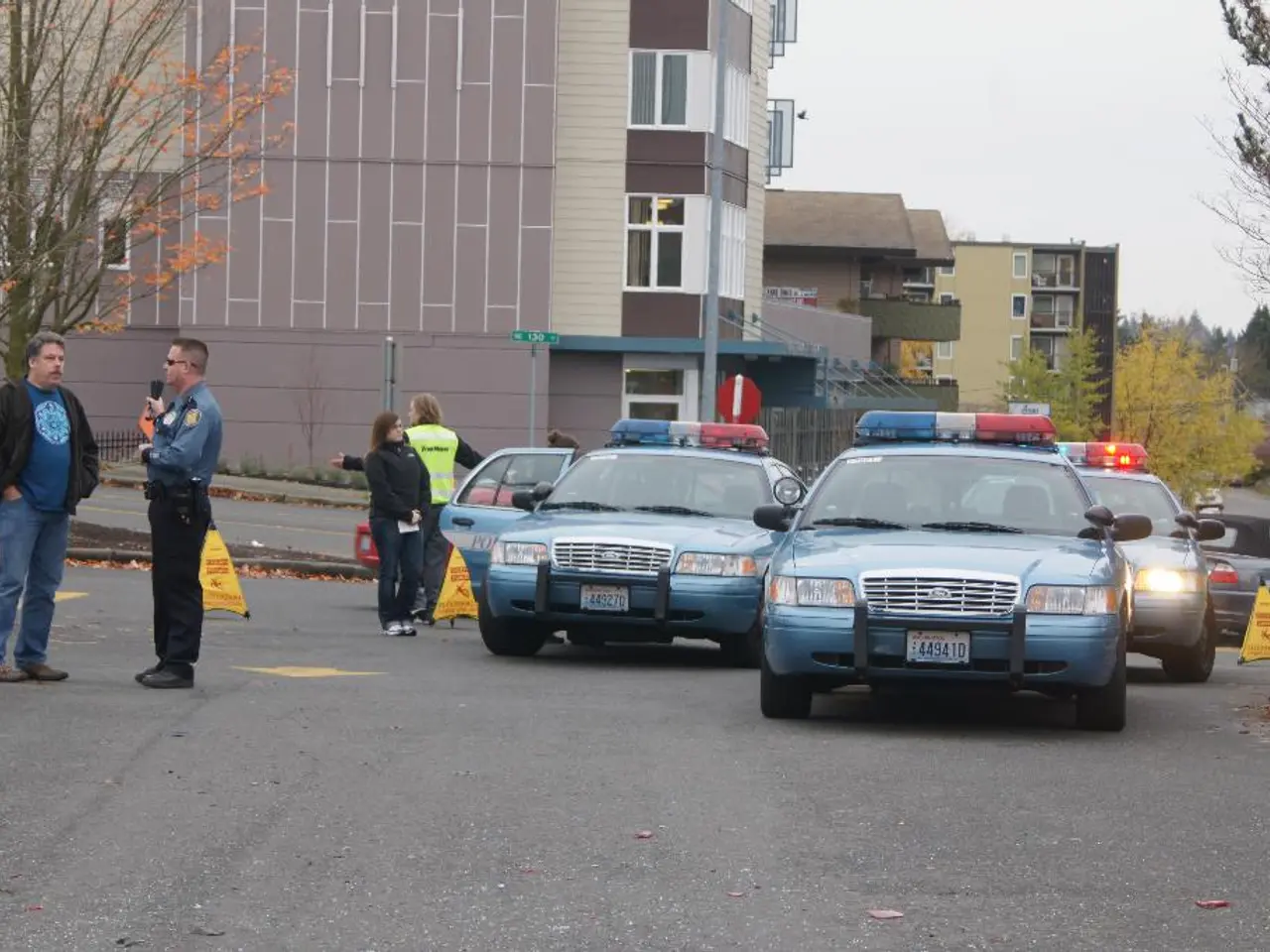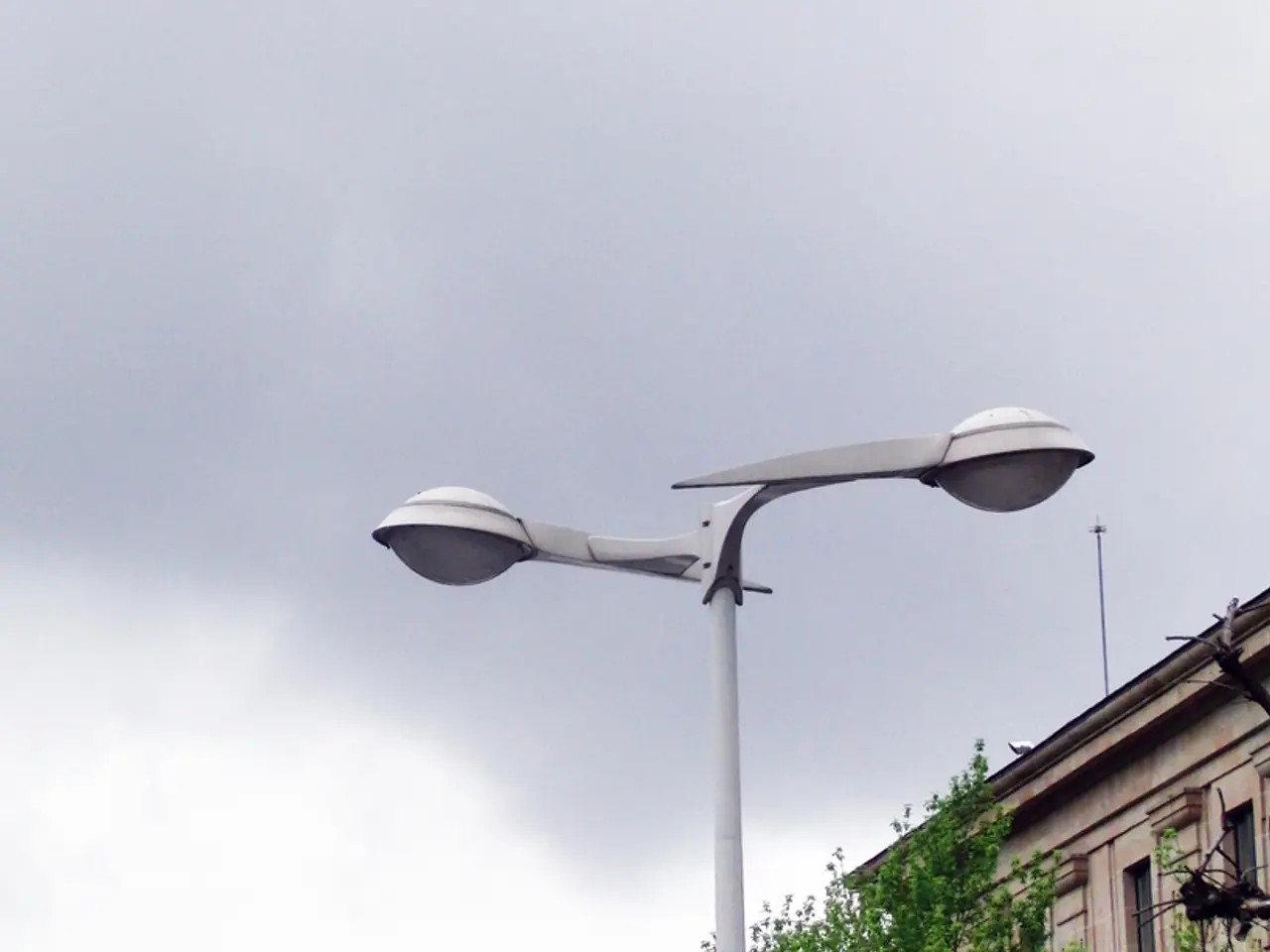Heavy forest destruction reported in Berlin post-storm
Title: Berlin's Tegeler Forest Suffers Devastation and Closure Following Severe Weather Incident
Berlin was once again battered by severe weather, this time causing chaos in the city and inflicting extensive damage on the Tegeler Forest in the north of the capital. Although weather warnings were lifted during the night, the Tegeler Forest now stands as a victim, with thousands of trees uprooted or broken.
In the wake of this vicious storm, roads and pathways intertwining with the forest were obstructed by the fallen trees. For safety reasons, the forest remains closed indefinitely, with the Senate citing a potential risk to life. Workers began initial safety work in the evening, and cleanup efforts are predicted to last for weeks.
Coniferous and deciduous trees alike crashed under the storm's aggressive wrath. However, it was the deciduous trees with their abundant foliage that became a storm's target. Due to past years of drought, tree species are suffering from vitality losses, making them less resilient during storm events.
The chaos didn't escape the S-Bahn train services, which had to halt, only resuming on some routes by late evening. Trains destined for Hamburg were also affected, while trees fell onto streets throughout the northern capital. In Potsdam, a tragic incident occurred, leaving one individual severely injured after being hit by a falling tree crown in the New Garden.
In related news, firefighters kept busy not only in Berlin but also in Thuringia and Saxony-Anhalt. Dingelstadt was hit by a tornado, resulting in numerous trees being toppled, and the Altmark region in Saxony-Anhalt received countless emergency calls due to severe weather. Amid these occurrences, the Lusatia region was also plagued with fallen trees blocking roads and branches causing power line issues.
Despite the German Weather Service lifting the last warnings for severe thunderstorms late in the evening, no respite is expected today, Friday. As for the Tegeler Forest, a recovery plan is necessary to restore this natural paradise to its former glory.
In general, forest recovery plans consist of assessing the extent of damage, removing hazardous or damaged trees, reforestation efforts, soil stability and erosion prevention measures, monitoring biodiversity and ecosystem recovery over time, and community engagement. More on the specific details of the recovery process for Tegeler Forest can be found from official Berlin environmental or forestry departments or local news sources that focus on post-storm recovery efforts.
Scientists are examining the impact of the severe weather on the Tegeler Forest, particularly focusing on the deciduous trees due to their weakened state from past droughts. To aid in the forest's recovery, an international team of environmental-science experts could be called upon to develop and implement a comprehensive reforestation plan.








